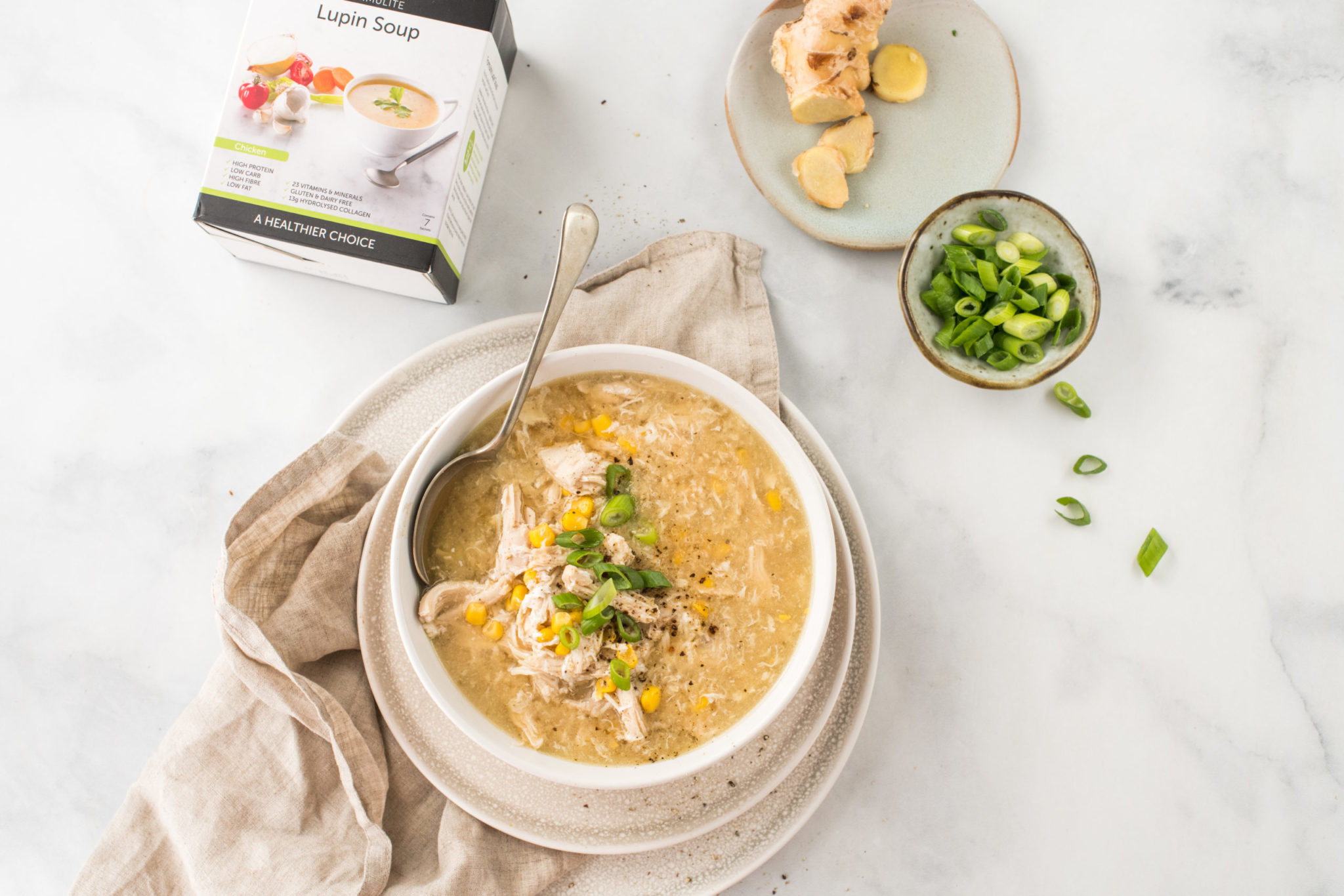
Can’t bear the thought of another ice-cold salad for lunch this winter? Let’s face it, when it’s cold and been raining all day, and you really don’t want to take off those cosy gloves to retrieve your icy salad from the fridge, your mind is probably wandering to something super tasty and steaming hot. Why not try soup? Delicious, nutritious and easy to prepare. Here are my tips below for some top winter warmer recipes.
Even when we are trying our best to eat well, a bowl of crisp garden greens in the middle of winter sometimes just won’t cut it. We are more likely to be craving a hot, comforting, filling meal. Only problem is, if we head to the local take away shop, even if we have nutritious intentions, we are faced with the waft of hot chips or mayo-smothered schnitzel rolls.
Succumbing to the temptation of a salty, greasy meal here and there is not an issue – but when we buy meals daily, we can start to venture into calorie-laden territory, and this can quickly lead to weight gain. Unlike some other species, humans don’t need to store for hibernation, and there are ways we can meet our desire for warming winter comfort food and keep healthy and vitalised at the same time, without the addition of a winter coat.
This is where soup can be a saviour. The good news about soup is that it can be reasonably easy to make – stock, vegetables, a protein option like legumes, meat, fish, chicken or dairy, and maybe some wholegrain carbs, like barley or brown rice. Especially if you aren’t typically a big vegetable eater, soup can be a great way to contribute to your daily 5 serves. All those vegetables provide plenty of fibre, which can certainly boost gut health but can also help to keep you full. The combination of a high-fibre meal that also contains protein is a winner when it comes to satiety. Improved satiety equals decreased hunger and a reduced likelihood of over-eating – especially if you tend to crave sweet foods mid-afternoon or after dinner.
Another sometimes overlooked benefit of soup is its ability to hydrate. Many of us don’t drink enough water on cool winter days, but soup contains both fluid and electrolytes to help you meet your needs – athletes often use soups for recovery as they can rehydrate even better than a sports drink!
Home-made soup is great, but another option is to buy soups that you can heat and eat. There are many varieties depending on your tastes but keep an eye on the levels of sodium and additives, which are sometimes high in pre-prepared and packet soups. Formulite Lupin Soups are recommended by many doctors and dietitians as a nutritionally-balanced meal replacement option. They are formulated with lupins as the key ingredient to ensure a high protein, high fibre meal, that’s also low in calories and can help you to feel fuller for longer. With added vitamins and minerals these soups can provide a complete meal, but you can also add your own twist with extra vegetables to your liking, like this chicken and sweet corn soup.
Bulking up your bowl with vegetables is a great way to fill up without adding extra calories. Sometimes meals in winter can get a little carb-heavy, but a soup with both fibre and protein can help keep you satisfied without needing a carb overload.
Our yearning for something hot and filling can be simply due to the warmth factor on an arctic-like day, but many people also head for comfort foods in the winter months. The great news is that you CAN eat nutritious food that is enjoyable, comforting and will also help you to reduce the likelihood of overeating and gaining weight.
With some creative planning you can have a range of warming winter soups that make the perfect main meal option when you want to warm up and fill up.
Get organised and plan ahead to keep you eating well during the day and achieving your health and wellness goals.


